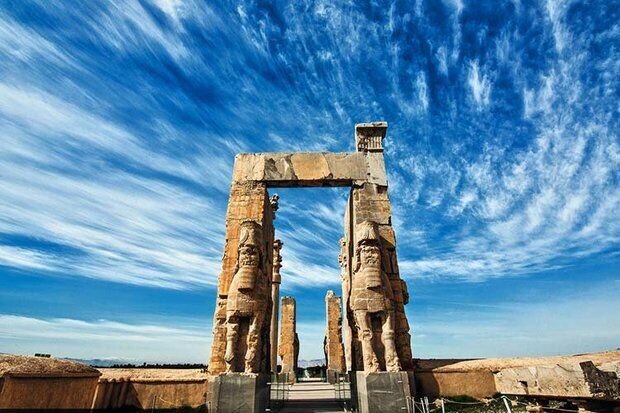Iran needs more Iranologists, scholar says

TEHRAN – A greater number of Iranologists needs to be trained in Iran, a scholar with the Iranology Foundation has said.
In the field of Iranology, so far 440 students have graduated, 16 PhDs are enrolled, and 80 students are studying in the country and abroad, IRNA quoted Fatemeh Faridi Majid as saying on Wednesday.
However, there are plans to launch new branches of the field and expand them at the doctoral level to train more Iranian Iranilogists, she added.
The Iranology Foundation focuses on all aspects of Iranian society, including art, architecture, and sociology, and these aspects are taught to its students, she said.
Iranology is also studied by some foreign students at the master’s and doctoral levels, she mentioned.
As a result of the establishment of the Iranology department, several universities, including the University of Tehran, Meybod, Yazd, and Gilan, have been able to offer master’s and doctorate-level courses in Iranology and manuscript studies, she noted.
There has been considerable activity in Iranology in different countries of the world for a long time, and it has always had a global impact, she explained.
Ancient Iran, also known as Persia, historic region of southwestern Asia that is only roughly coterminous with modern Iran. The term Persia was used for centuries, chiefly in the West, to designate those regions where the Persian language and culture predominated, but it more correctly refers to a region of southern Iran formerly known as Persis, alternatively as Pars or Parsa, modern Fars.
Parsa was the name of an Indo-European nomadic people who migrated into the region about 1000 BC. The first mention of Parsa occurs in the annals of Shalmanesar II, an Assyrian king, in 844 BC.
During the rule of the Persian Achaemenian dynasty (559–330 BC), the ancient Greeks first encountered the inhabitants of Persis on the Iranian plateau, when the Achaemenids —natives of Persis— were expanding their political sphere. The Achaemenids were the dominant dynasty during Greek history until the time of Alexander the Great, and the use of the name Persia was gradually extended by the Greeks and other peoples to apply to the whole Iranian plateau.
This tendency was reinforced with the rise of the Sasanian dynasty, also native to Persis, whose culture dominated the Iranian plateau until the 7th century CE. The people of this area have traditionally referred to the region as Iran, “Land of the Aryans,” and in 1935, the government of Iran requested that the name Iran be used in lieu of Persia. The two terms, however, are often used interchangeably when referring to periods preceding the 20th century.
ABU/AM
Leave a Comment